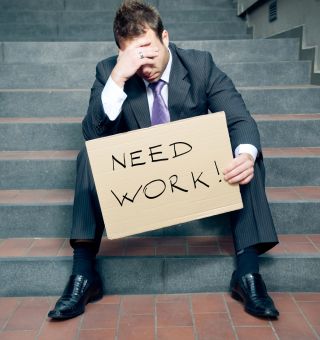UNEMPLOYMENT RATE:HOW MANY PEOPLE ARE OUT OF WORK?


BBC report: Employers are cutting hundreds of thousands of jobs as Covid-19 continues to hit the economy.
https://www.bbc.co.uk/news/business-52660591
FE News Headline: Weak labour market figures driven by continued fall in hiring and spare capacity
In a BBC report today The most recent unemployment rate – for July to September – was 4.8%, according to the Office for National Statistics (ONS). That is an increase of 0.7% over the previous three months, and meant that 1.62 million people were unemployed. However, this number is always based on surveys taken in previous months and is not right up to date. Some of the data was gathered in July and August, when infection rates were falling, and large parts of the economy were reopening. So this figure is likely to carry on rising in coming months.
In a similar report in FE News Tony Wilson, Director of the Institute for Employment Studies stated:
“Today’s figures show that the labour market continued to weaken through the autumn, weighed down by the ongoing fallout from the first lockdown. Firms have brought back around four million people from furlough, but made redundant just over 300 thousand. Redundancies are now higher than they were at the peak of the last recession, and rising at their fastest ever rate. We anticipate that they will peak at around 450 thousand a quarter by the end of the year.
He added “Looking ahead, the second lockdown means that these figures are likely to deteriorate further through the winter, and this will be added to by uncertainty around Brexit. With the Spending Review just a few weeks away, the Chancellor needs to look at measures to get hiring going again and quickly ….”
Dave Innes, Head of Economics at the Joseph Rowntree Foundation, said:
“With each job lost, the case for making the £20 a week increase to Universal Credit permanent only becomes stronger. The Government must also extend this lifeline to those on legacy benefits, and take the decision as soon as possible. In the midst of the deepest recession on record it just isn’t right to leave 16 million people waiting to know if they will be £1000 worse off a year from April.”
The BBC report continues :
In its most recent set of forecasts the Bank of England said that unemployment would most likely peak at about 7.7% in April to June of next year.
There was a high degree of uncertainty around that forecast, with a small chance that it could rise as high as 10%.
